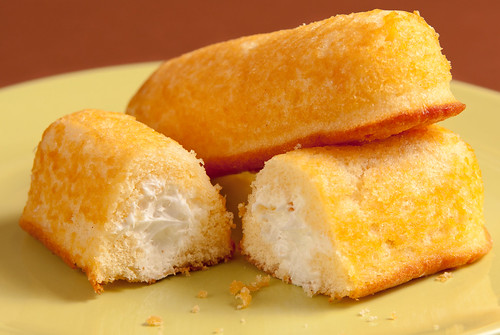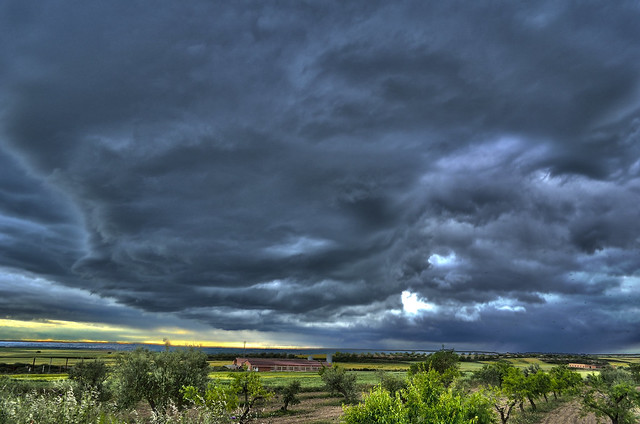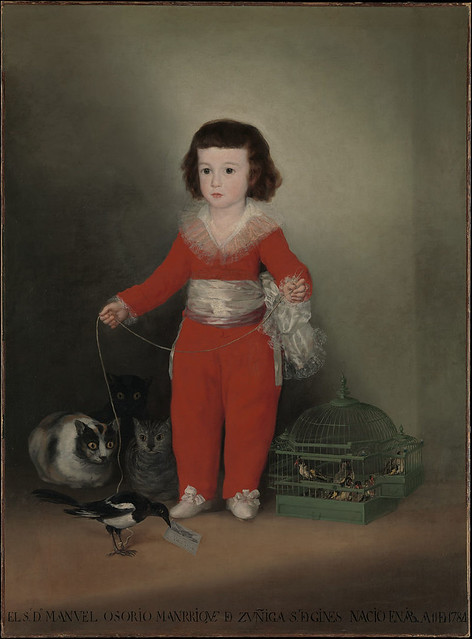Welcome to Word Buzz Wednesday, your go-to place for the most interesting words of the week. The latest: decluttering, Swedish death style; half a leopard; a not-so-secret handshake.
dostadning
“These are some of the things that you ask during dostadning, or Swedish death cleaning, the new decluttering technique that promises to rid your life of extraneous objects.”
Hannah-Rose Yee, “The New Decluttering Trend Is Called Swedish Death Cleaning And We Tried It,” Whimn, October 3, 2017
The idea behind dostadning, says Whimn, is that “when people die they leave stuff” behind, and it’s up to friends and family to deal with it. So why not declutter as much as possible to lighten that burden for loved ones? In addition, Swedish death cleaning is “about a permanent form of organisation that makes your everyday life run more smoothly.”
pard
“These books are veritable menageries of pards—scowling, snarling, and generally making a nuisance of themselves.”
Natasha Frost, “Just About Everything We Know About the Pard,” Atlas Obscura, October 13, 2017
While we now know leopards are “their own thing,” says Atlas Obscura, they were once thought to be a cross between a lion and what was called a “pard.” (In fact, that’s where the word leopard comes from, the Greek word for “lion” plus Greek for “pard.”)
What the heck’s a pard? Depends on who you ask. Ancient Roman philosopher and naturalist, Pliny the Elder, thought pards were male panthers, which are actually black leopards. Pards were also described as “having a “mottled coat,” speckled with white like a giraffe’s,” and being “swift and ‘headlong for blood,’” able to “kill their prey with a single leap.”
chavismo
“Everything is a permanent advertisement for ‘chavismo.’”
Christine Armario, “Here is what’s at stake in Venezuela vote for governors Sunday,” Local 10 News, October 14, 2017
Chavismo or chavism is the political ideology and movement founded by the late president of Venezuela, Hugo Chavez.
four-way handshake
“Focusing on the four-way handshake means that there are possible Krack attacks for most Wi-Fi enabled devices out there.”
Lily Hay Newman, “The ‘Secure’ Wi-Fi Standard Has a Huge, Dangerous Flaw,” WIRED, October 16, 2017
According to WIRED, the four-way handshake is a procedure that “determines whether a user attempting to join a network and the access point offering the network have matching credentials.” It “generates a new encryption key—the third communication in the four-step process—to protect the user’s session.” The Key Reinstallation Attack, a “newly discovered vulnerability,” lets a hacker “tamper with or record and replay this third message, enabling them to reinstall a cryptographic key that’s already been used.”
Katrina brain
“In the aftermath of Katrina, many survivors struggled with short-term memory loss and cognitive impairment, a syndrome dubbed ‘Katrina brain.’”
Christine Vestal, “‘Katrina brain’: The invisible long-term toll of megastorms,” Politico, October 12, 2017
According to Ken Sakauye, a professor of psychiatry who was at Louisiana State University during Hurricane Katrina, “’Katrina Brain’ became a local term describing the fact that we couldn’t remember something as simple as a phone number after the hurricane.” While symptoms for most New Orleans residents “did not rise to the level of post-traumatic stress disorder,” they “did indicate generalized anxiety disorder (GAD),” including “anxiety, diffuse anger, guilt, and health worries.”






